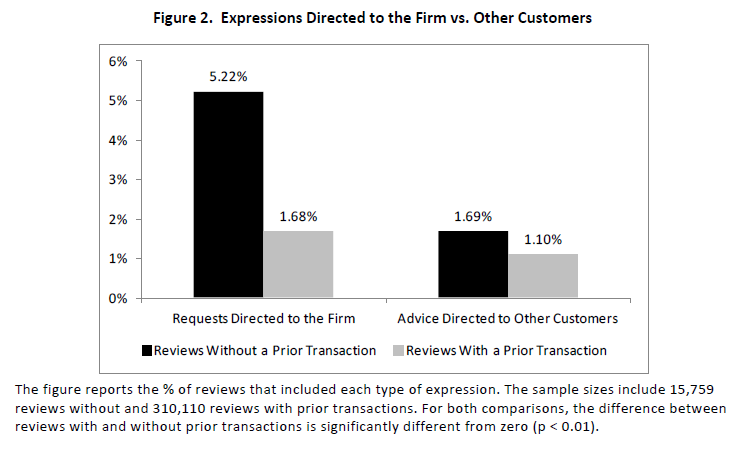Yes folks, it is time for more thoughts on deceptive reviews, and more data! You know I love data. This time, instead of examining review policies, we have data on people and why they leave negative reviews. I have to be honest, some of this never even occurred to me. People are truly fascinating creatures.
About a year ago, the story in the NY Times appeared “outing” the famous indie author John Locke for having paid for reviews. I will say that by all appearances, he did ask for honest reviews, and the service he used admits to not having explained to people that they were the source of all the reviews (rather than having a stable of reviewers on hand). But maybe we should set aside whether paying for reviews is ever acceptable (many well respected sources such as Kirkus charge for their reviews although admittedly they don’t promise a positive one). In the intervening year, Amazon has tried to do a more thorough job of policing their reviews, something I wrote about here.
So imagine my surprise when a recent MIT study by MIT Sloan professor Duncan Simester and Northwestern University researcher Eric Anderson titled “Deceptive Reviews: The Influential Trail” indicates there is yet another form of “false” review in play. Those false reviews are those of the devoted consumer! Their research quantifies the reviews that are directed at the company as feedback, versus as information to other consumers about the book or product. Fascinating.

Now, admittedly, this study focuses on an apparel retailer, but they use Amazon book reviews and data to determine the accuracy of their data. In short, they determined a few new things that I find fascinating:
- People will leave a negative review (5% or so), without ever having purchased the product, because they are a devoted fan. Yes you read that correctly. This appears to be because they are a fan of the product or company and they wish to inform and educate the company on direction.
- The more negative reviews a book or product has, the more it will receive.
- Last – reviewers will leave a negative review, solely to show how knowledgeable they are.
This last one strikes me as something that has long been not only acceptable in book reviews, but lauded. Hence our process of having a few book “critics” who determine which books will rise to the top (at least in past days). Even within Amazon, there is heavy competition for the attention of the top reviewers, and anecdotally, those reviewers vie heavily to be in on the big book launches. So let’s assume this is a known and accepted evil in our book community.
That leaves us with these key takeaways:
- Your fans want what they want. Decide not to give it to them consciously, but don’t do so ignorantly.
- Put out the best product you can, from writing to finished package.
- If you find you have not well understood your market and are not targeting the right group, refocus your efforts as quickly as you can.
Perhaps most fascinatingly, if this information is true, doesn’t that also mean that messing with your fans’, favorite characters will potentially result in negative reviews? In other words, if they feel you have taken a miss-step with your “product” and they are loyal fans, this data seems to imply that they will attempt to correct you and get your attention by leaving negative reviews. This is the exact situation Elizabeth George faced when she killed off a much-loved character in 2007 in her book “With No One As Witness” (I confess, I was one reader who stopped reading her work after this book). You can read the reviews here and her response via an essay on her website here. In short, she killed off someone fans loved, and many abandoned her books as a result. Perhaps most importantly, they left their feelings on display in a highly public format via their book reviews.
Do I have a solution to this conundrum? No, not really. I can say that writing the best book you can, and doing your homework on specifically who will LOVE your book will go a long way. Remember, if you sell your book to the wrong reader, you have only yourself to blame for the bad reviews. Last, this tells us even more clearly that you cannot skip a step if you are self-publishing, as those one or two negative reviews can quickly turn into ten.